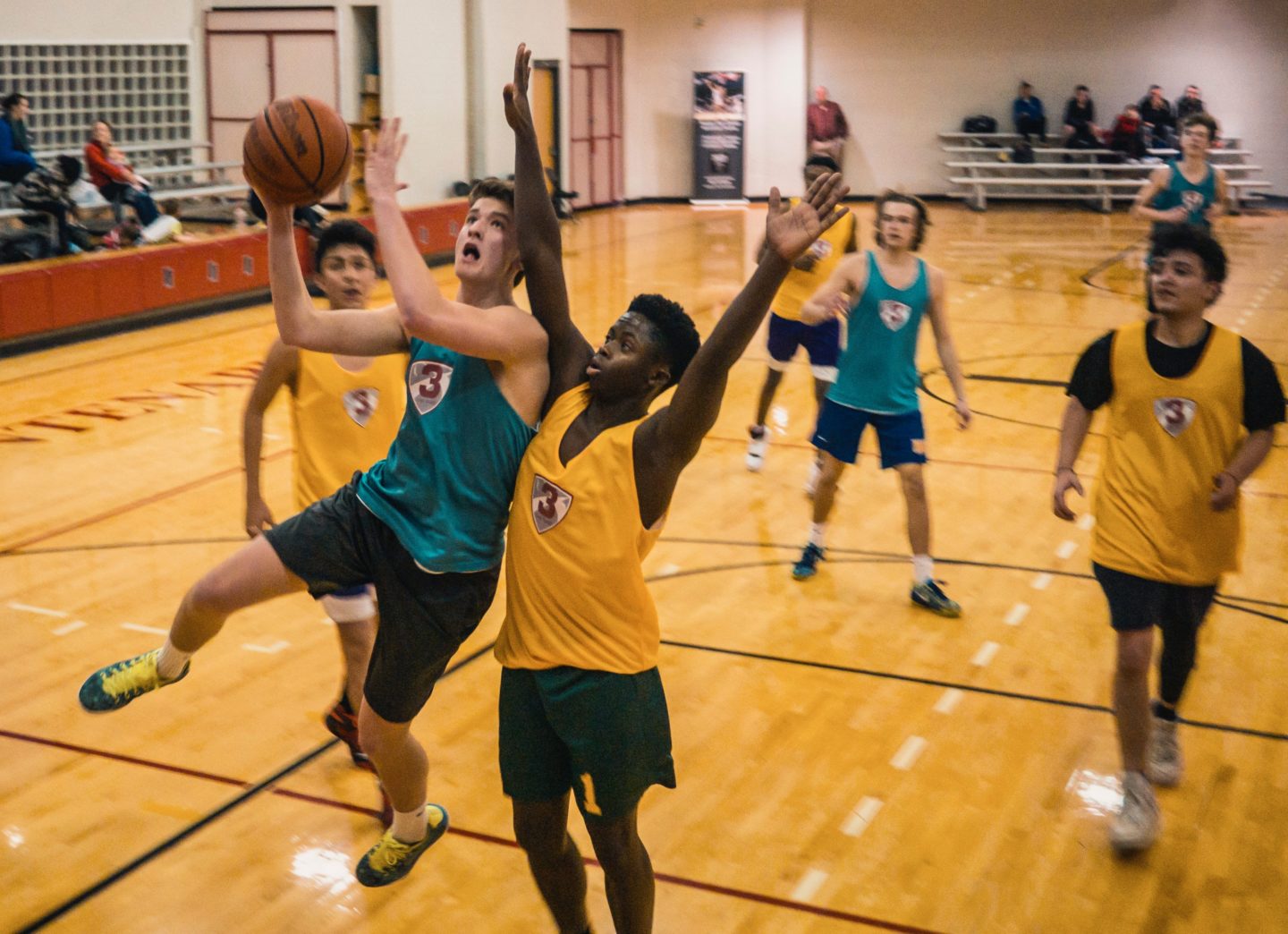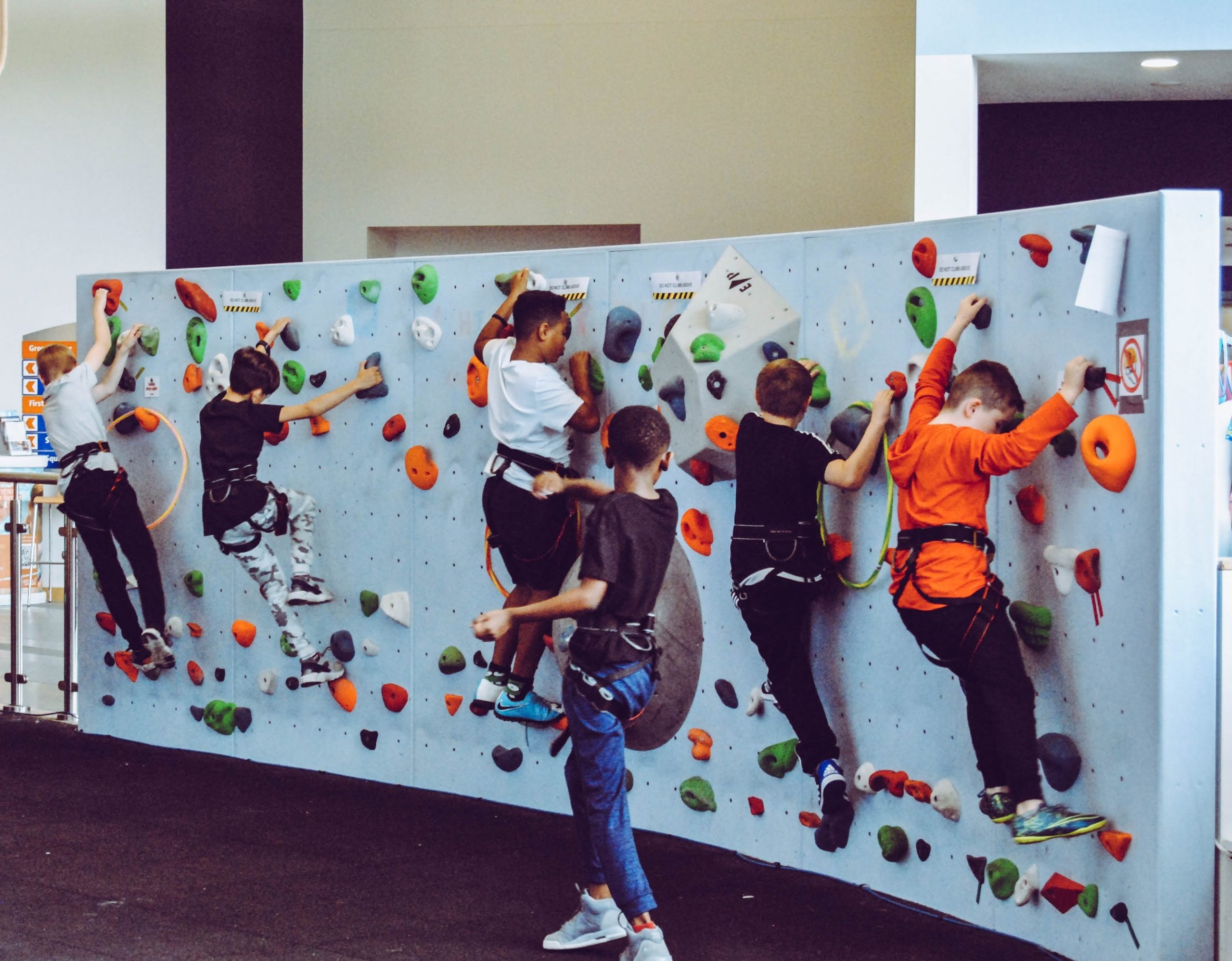Even the most athletic of adults can find it difficult to gather the motivation they need to work out each day.
However, as a parent, you must encourage your children to follow a healthy lifestyle, which is centered around a love of exercise.
This will help them develop a love of exercise and fitness that will not only carry them into adulthood but ensure that they develop a healthy relationship with their body.
As such, this could be one of the most important lessons you will teach your children.
With that in mind, here are three simple ways in which you can get your kids excited about exercise.
1. Set each other challenges and goals.
According to the CDC, children aged 6-17, should engage in “60 minutes or more of moderate-to-vigorous intensity physical activity each day.”
However, an hour of exercise can seem overwhelming, especially when they’ve spent six hours at school and time at home working on their homework.
One way in which you can make this fun for your children is by setting them goals and challenges – and allowing them to do the same for you.
This way, working out can become a family affair. For example, you could try to see who can do the most steps each day, or who can run through the park the quickest.

2. Help them find an activity they fall in love with
One of the greatest joys of working out is that there are thousands of activities to choose from.
In fact, there are probably plenty of types of exercise you have never heard of before or tried out yourself.
As such, if your child has lost motivation or doesn’t enjoy their current extracurricular, it could be a sign that they simply haven’t found a fitness activity that clicked.
While this can become a process of trial and error, you should work with your child to find something they’re truly excited about.
For example, if they’re always wanting to jump in with the big kids at the skateboarding park, now is the perfect time to check out Globe brand skateboards and let them try it out for themselves!

3. Show an interest in their interests
From attending games and cheering from the sidelines to meeting them after practice with a big smile on your face – the more interested you are in your child’s athletic pursuits, the easier it will be for them to feel similarly excited.
As such, you should make a real effort to talk to them about their activities. For example, you could ask them what their position on their team means, or what skills they are working on.
If they’re practicing at home, offer to practise with them and let them teach you something new.
However, while it’s important to be enthusiastic, you must not become overly pushy – as this could lead to your child feeling stressed out about exercising instead of feeling excited.
Let them know that you love watching them have fun – and the moment they are no longer having fun – you can find something else they love to do.

